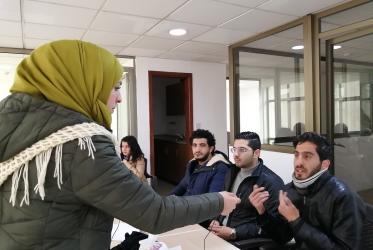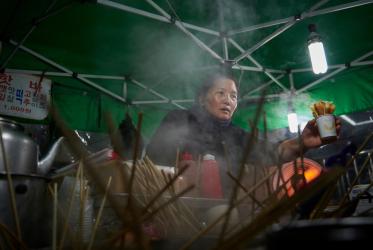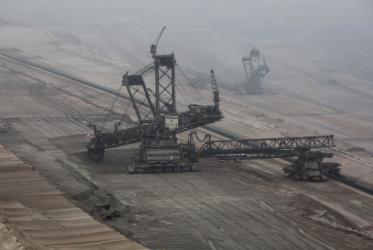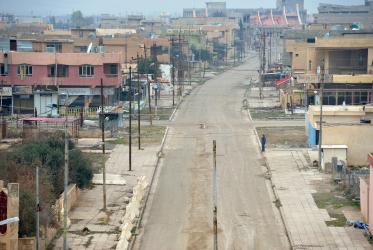Displaying 81 - 100 of 343
COVID-19 in conflict zones: “a crisis within another crisis”
27 November 2020
“Conflict Zones and Covid-19” webinar
26 November 2020
Are migrants seen and heard? Conference presses the question
19 October 2020
Morning Prayer for Thursday, 1 October 2020
30 September 2020
A visionary missionary heads home
25 March 2020











